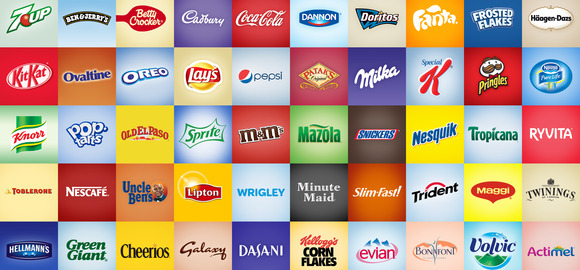Thunderclap about
If a tweet falls in the forest...
Social media is an easy way to say something, but it’s a difficult way to be heard. Thunderclap is the first-ever crowdspeaking platform that helps people be heard by saying something together. It allows a single message to be mass-shared, flash mob-style, that rises above the noise of your social networks. By boosting the signal at the same time, Thunderclap helps a single person create action and change like never before.
You don't need a huge following for a successful Thunderclap
A user with 200 Facebook friends could amplify her message better than someone with 3,000 friends. It all depends on your cause's voice and shareability—and how much your friends are engaged. Thunderclap has already reached millions of people. Check out some of the successful projects on our homepage!
The tipping point
The beauty of Thunderclap is that it sets the goalposts—one message, one number, one date. It's a common threshold you and your supporters work toward together. It's a tangible way to measure awareness.
For Example: Thunderclap "The Truth Behind The Brands
The Story
The 10 biggest food
companies in the world employ millions of people in poor countries to grow and
produce their products. They have massive global reach and influence. And with
enough pressure from consumers like you and me, they could make a powerful
difference in reducing poverty, hunger and inequality.
Oxfam's new initiative, Behind the Brands, ranks the policies of these big companies on important issues like transparency, equality for women, treatment of farmers, land, clean water, sustainability and climate change.
Oxfam's new initiative, Behind the Brands, ranks the policies of these big companies on important issues like transparency, equality for women, treatment of farmers, land, clean water, sustainability and climate change.
We're starting out by asking the world's biggest cocoa
buyers – Mars, Mondelez, and Nestlé, who make products like M&Ms, Oreos,
and Crunch – to demand that they make equality for women cocoa farmers a
priority. When it comes to women, these companies all score a 4 or lower on our
Brand Scorecard, because:
- Most cocoa farmers and workers live below the poverty line, and many earn less than $2 a day.
- Less than 5% of the price of a typical chocolate bar goes back to cocoa farmers.
- In West Africa, where most of the world's cocoa comes from, women do nearly half of the labor on cocoa farms but own just a quarter of the land.
- Women working on cocoa farms have fewer economic opportunities and, as workers, typically earn less than men. Just one example: in Nigeria, farmers told our researchers that women are paid $2-3 for a day's work, while men earn around $7 per day.
The women who grow, pick, pack and sell the cocoa that
Mars, Mondelez, and Nestlé put in their products deserve better: better pay,
fair treatment, opportunities for training, the chance to own the land they
work, and more. It all starts with consumers like you raising your voice.
On International Women's Day - March 8th - we will launch this action to take a stand for women who work on cocoa farms, and those facing inequalities around the world. Together, we can change the way these companies do business – and give people in poverty the tools they need to earn a living, feed their families, and thrive.
On International Women's Day - March 8th - we will launch this action to take a stand for women who work on cocoa farms, and those facing inequalities around the world. Together, we can change the way these companies do business – and give people in poverty the tools they need to earn a living, feed their families, and thrive.


